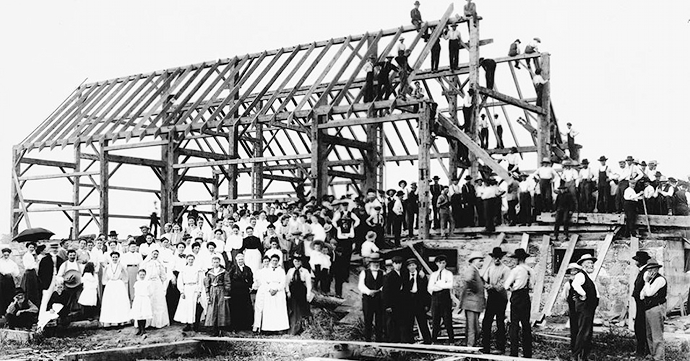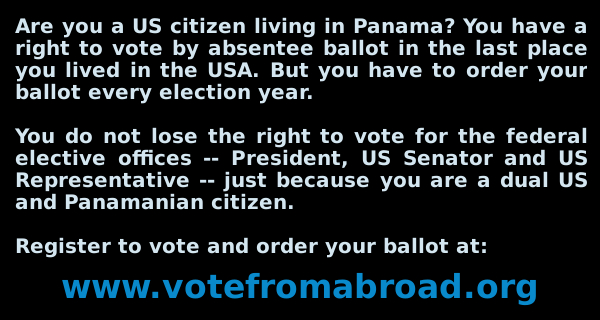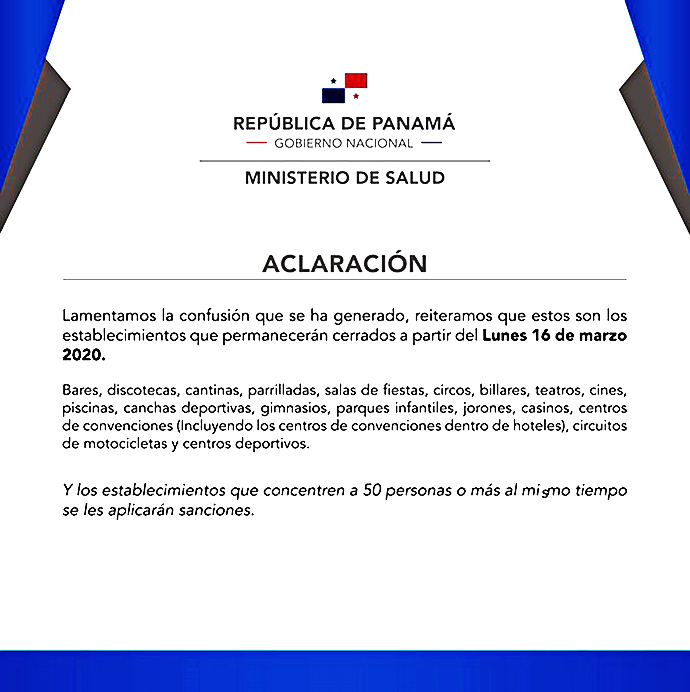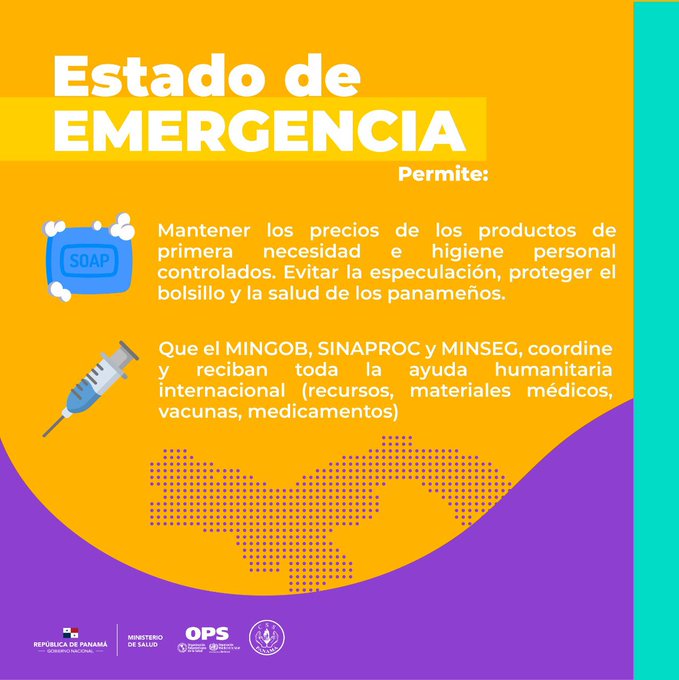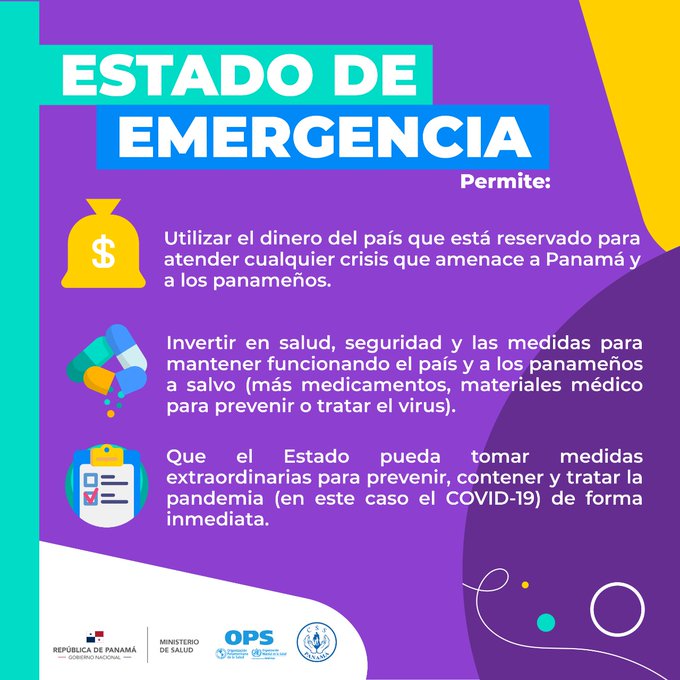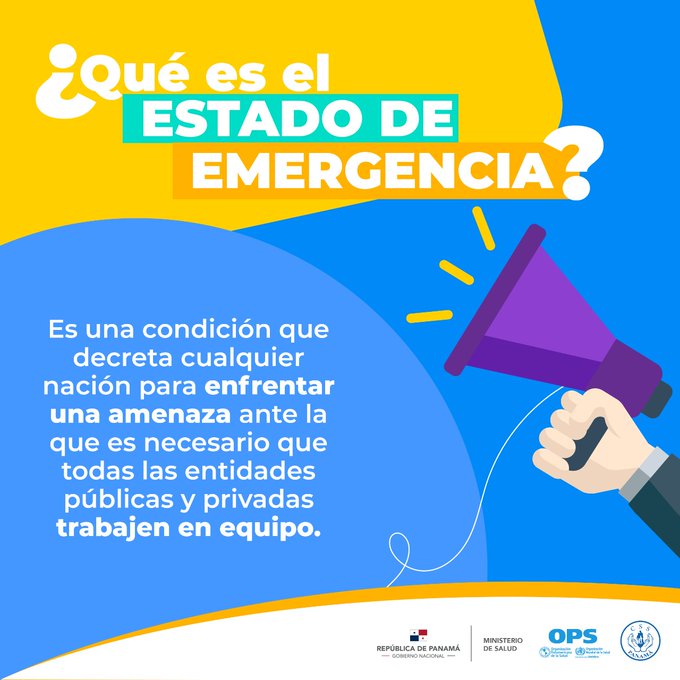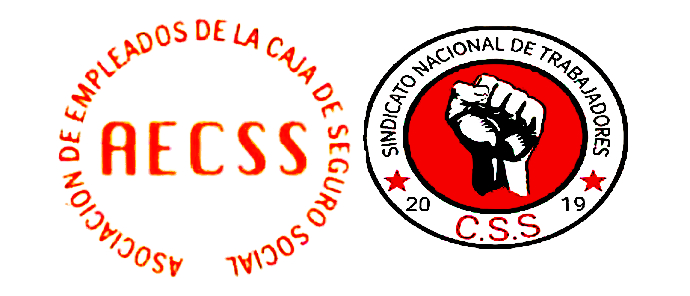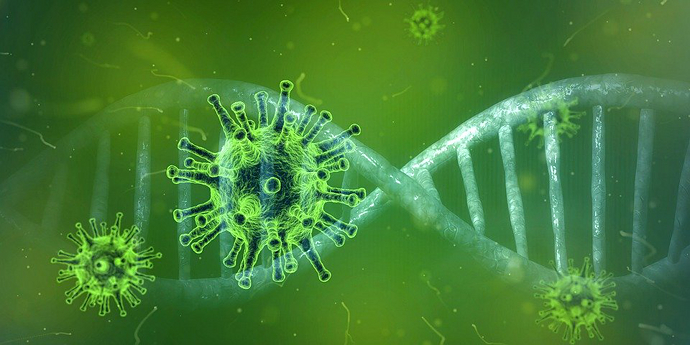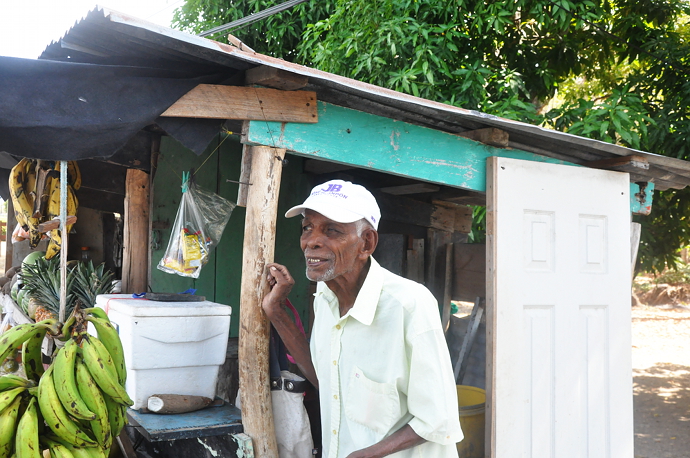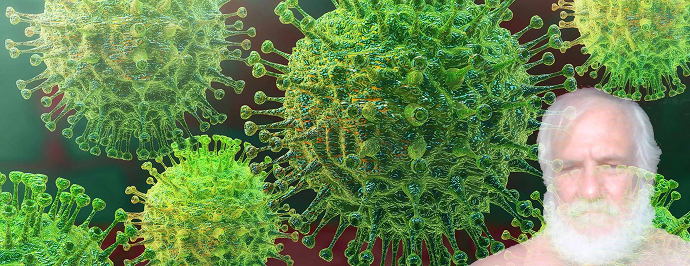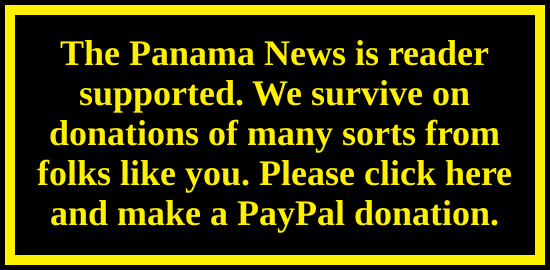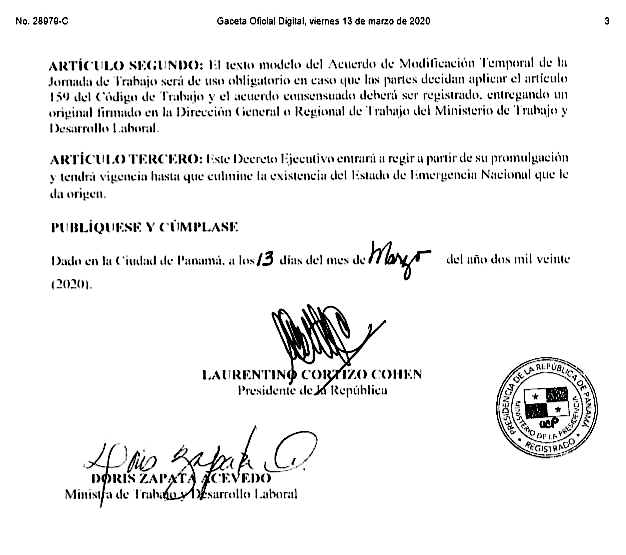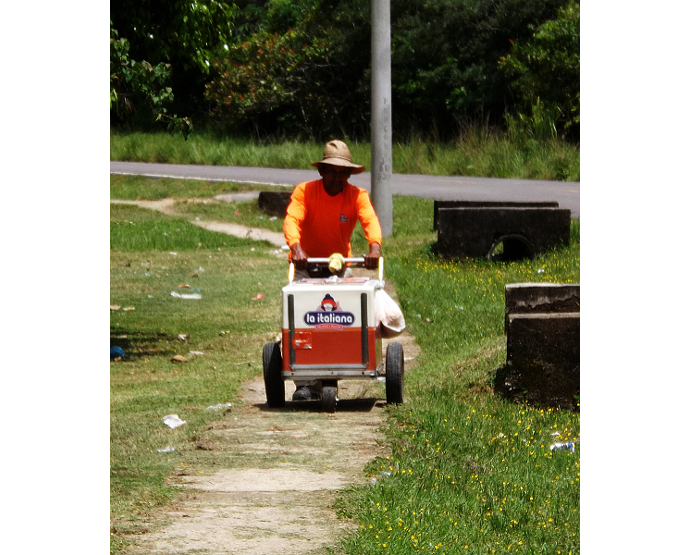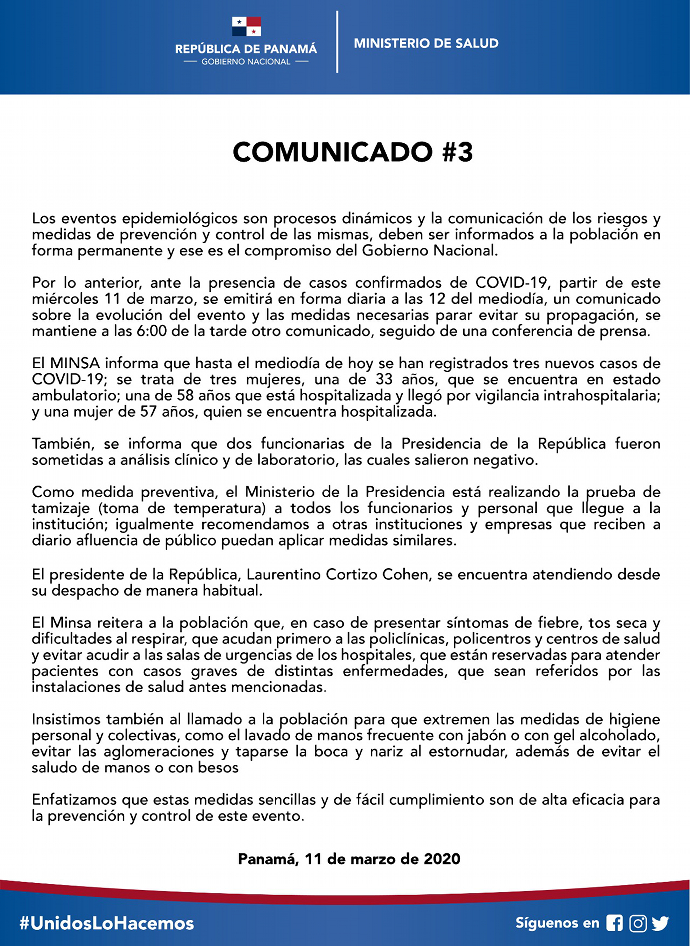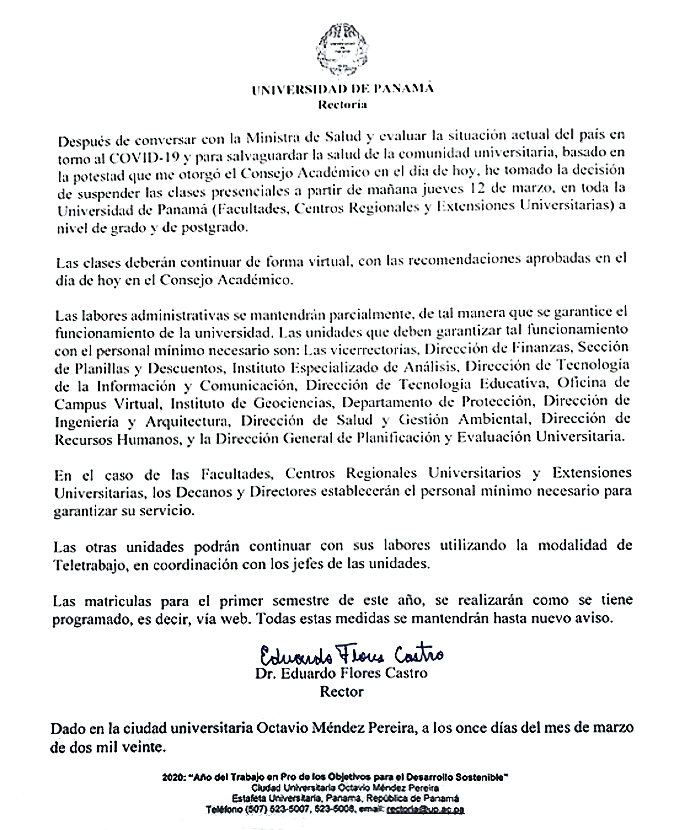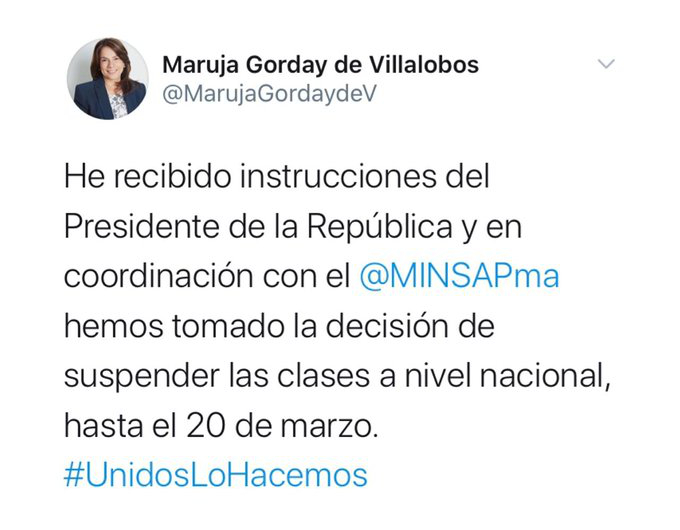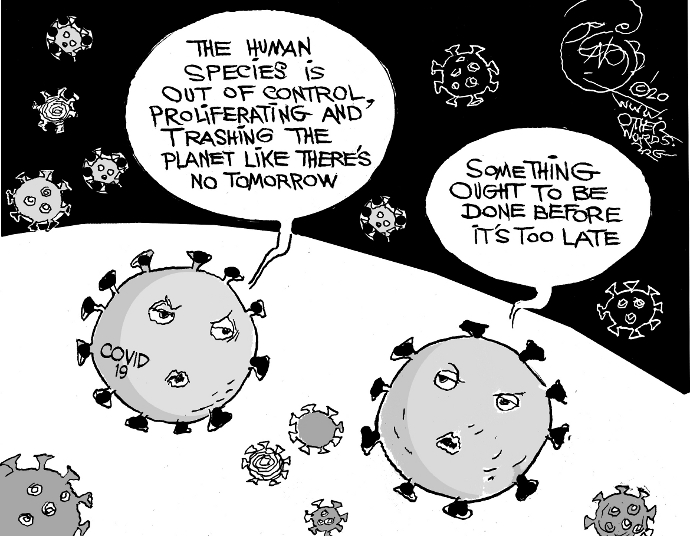A barn raising in Lansing (now North York City Centre), Toronto, Canada, circa 1900-1919. Photo by Alexander Galbraith, City of Toronto Archives / Wikimedia.
Coronavirus, economic networks and our delicate social fabric
by Richard Heinbert — Common Dreams / Resilience
The COVID-19 pandemic offers intriguing insights into how networked our modern world has become, and how we’ve traded resilience for economic efficiency. Case in point: someone gets sick in China in December of 2019, and by March of 2020 the US shale oil industry is teetering on the brink.
What’s the chain of connection?
- January 2020: The coronavirus epidemic explodes, forcing China to institute a massive quarantine.
- Chinese oil demand craters as a result of hundreds of millions staying home and untold numbers of businesses going offline.
- March 7: Saudi Arabia asks its OPEC partners and Russia to cut oil output to keep prices from crashing.
- March 9: Russia refuses, so the Saudis decide to provoke a price war by producing even more oil and selling it at a discount.
- As a result, world oil prices fall from $50 (Feb. 17) to $33 (March 9).
- Meanwhile, it is arguably the United States, not Russia, that will be hurt most by the price war. As the world’s largest oil producer, the USA has seen nearly all of its spectacular production growth in recent years coming from light, tight oil produced by fracking. But fracking is expensive; even when prices were higher, the fracking industry struggled to turn a profit on this unconventional petroleum source.
- With an oil price heading toward $30 or possibly even lower, not even the most efficient fracking companies with the very best acreage can make investors happy. So, dozens of domestic US oil producers are set to go bust (unless the Trump administration bails them out).
What set off this unraveling? It was China’s deliberate — and arguably necessary — pull-back from economic connectivity. This tells us something useful about networked systems: unless there is a lot of redundancy built into them, any one node in the network can affect others. If it’s an important node (China has become the center of world manufacturing), it can disrupt the entire system. What would redundancy actually mean? If we made more of our products locally, we wouldn’t have to depend so much on China. If we produced more of our energy locally, then our energy system would probably include more redundancy (by way of more types of energy sources), and the world energy economy would be more resilient as a result. Problems would still arise, but they would be less likely to affect the whole system.
So, redundancy is important. However, redundancy is the enemy of economic efficiency. Over the past few decades, economic engineers have created just-in-time supply chains in order to minimize warehousing costs, and have lengthened supply chains in order to access the cheapest labor and materials. Fine — everybody got cheaper products, and China has grown its economy at a blistering pace. But what happens when everybody suddenly needs an N95 facemask while international supply lines are down? Officials can’t just call up the local facemask factory and order a new batch; that factory likely closed years ago.
That’s just one of the ways in which the coronavirus pandemic presents a daunting challenge to our globally networked economy — while our networked economy also complicates efforts to slow the spread of the virus. When you start to take more networks into account, the picture becomes daunting indeed. What happens to the tourism industry if millions are quarantined and nobody wants to be in close quarters with lots of strangers? How about the airlines? The restaurant and hotel chains? Even a few weeks of dramatically reduced business could be critical to their survival.
Hence government leaders and the masters of the financial universe — the central bankers — are huddling daily to try to figure out how to keep what is currently (in the USA) merely a stock market blowout from turning into a serious economic depression. Unfortunately, the tools at their disposal may not be up to the job. That’s because the core problem (the pandemic) is not financial in nature. Around 70 percent of the US economy is driven directly by consumer spending. But putting money into people’s pockets through lower interest rates or government spending won’t make them suddenly decide to go on a cruise, book a flight, or even go out on Friday night to dinner and a movie.
But that’s not what concerns me most these days. Instead, it’s the social dimension of the coronavirus epidemic. Financial crises are inevitable in an economy that prioritizes the rapid growth of shareholder value and the profits of the investment class. Even more they are inevitable in an economy based on a fundamentally flawed understanding of reality — the implicit assumption that growth in resource extraction, manufacturing, and waste dumping can continue indefinitely on a finite planet. Many ecological thinkers have been making that point for years. But the response to this intrinsic vulnerability that makes the most sense, and the one my colleagues and I have been recommending, is to strengthen community resilience. That means supporting local farmers, manufacturers, merchants, arts groups, and civic organizations of all kinds. Trust is the currency that will enable us to weather the storms ahead, and trust is built largely through face-to-face interaction within communities.
However, the necessary response to the novel coronavirus is social distancing — i.e., reducing face-to-face human connectivity. As people voluntarily retreat from public gatherings, or are forced to do so by regional quarantines, severe impacts are bound to be felt by faith communities and local arts organizations, as well as local restaurants, farmers markets, and merchants. Sporting events and concerts are being canceled, and the public’s direct engagement with local and national politics is suffering as well. Public transit systems are emptying.
We need to be thinking of ways to keep civic connections alive for the next while. The pandemic will not last indefinitely: the virus itself may be here for good, but one way or another it and humanity will negotiate some sort of biological accommodation. Most likely, humans will achieve herd immunity, perhaps aided by vaccines. Our urgent task is to keep our communities healthy and resilient in the interim.
Of course, we still have the internet and social media. We should make the most of them, even though in “normal” times these often distract us from face-to-face interaction or reduce our social skills. For the time being, we can use these tools to keep up not just with the news, but with all the people we care about. I’ve even heard of innovative communitarians setting up Zoom conferences with their neighbors so they can stay in “touch.” Unfortunately, there’s no app yet that can show up at a farmers market, admire the produce, talk about the weather, and bring home a basket of fresh veggies.
Humor can help with emotionally processing difficult information (though its use can be tricky, as many people’s emotions are raw these days). There’s a lot to process — and not just fears of getting COVID-19 or of seeing a 401k disappear. Will we have to cancel our vacation? Should I go to my yoga class or stay home? How can I make ends meet if I can’t work for the next few weeks due to quarantines? How much should we disrupt our routines? Should my company be doing more to protect employees and customers? These questions and more are stoking interpersonal tensions between spouses, between parents and children, between co-workers, and between employers and employees. Normalcy bias and denial can lead to complacency when action is needed, while panic can lead to poor choices and the dismissal of one’s genuine concerns by friends and colleagues. One solution is to engage friends, neighbors, co-workers, and family in conversations about the virus, actively listen to their concerns, and gently steer those conversations in a prosocial direction that takes into account the seriousness of the situation and our need to change behavior. Ironically, the most pro-social behavior at the moment is to stay home. Meanwhile, make commonsense preparations: stock up on enough supplies to get you through a month without going out, and think about what you’ll do.
Remember: humanity has survived epidemics much worse than this one. My wife Janet just passed along this historical tidbit: it seems that early in William Shakespeare’s career as an actor and writer, London theaters were closed by order of the Privy Council (June 23, 1592), which was concerned about a plague outbreak and the possibility of civil unrest. But the theaters reopened in June 1594 and Shakespeare went on to write his most famous plays. Like Will, we’ll get through this.
Connections will be strained in the coming weeks — some of them interpersonal and local, some economic and global. It’s up to us to nourish the connections that are most essential, while finding backups for those that can no longer be relied on. What do we need and value most? How can we support one another? These are the sorts of questions we might ask ourselves in the days ahead—and we may have plenty of time on our hands at home to contemplate them.
Richard Heinberg is a senior fellow at the Post Carbon Institute and the author of thirteen books, including his most recent: Our Renewable Future. Previous books include: Afterburn: Society Beyond Fossil Fuels, Snake Oil: How Fracking’s False Promise of Plenty Imperils Our Future; The Party’s Over: Oil, War, and the Fate of Industrial Societies; Peak Everything: Waking Up to the Century of Declines; and The End of Growth: Adapting to Our New Economic Reality.
Contact us by email at fund4thepanamanews@gmail.com
To fend off hackers, organized trolls and other online vandalism, our website comments feature is switched off. Instead, come to our Facebook page to join in the discussion.
These links are interactive — click on the boxes

